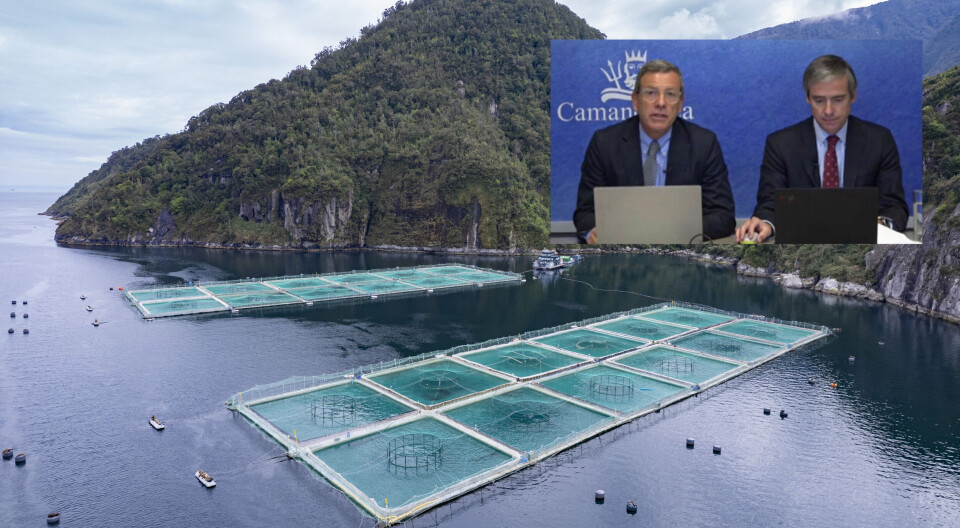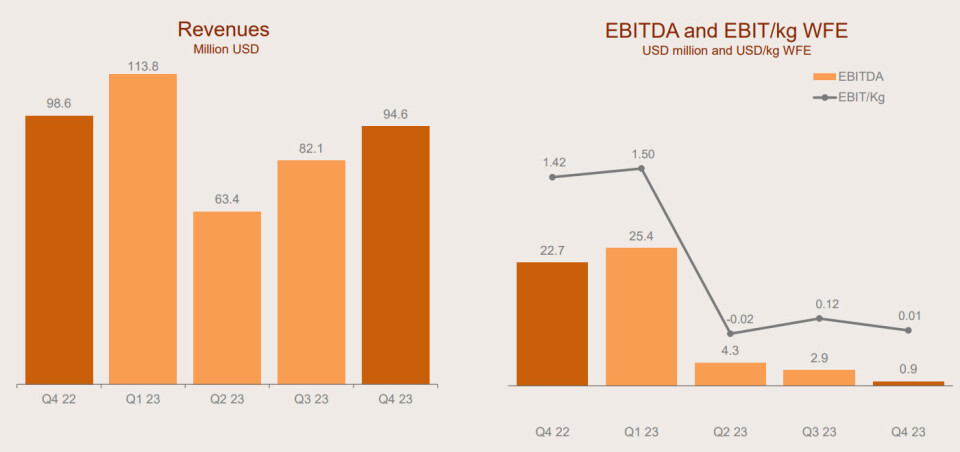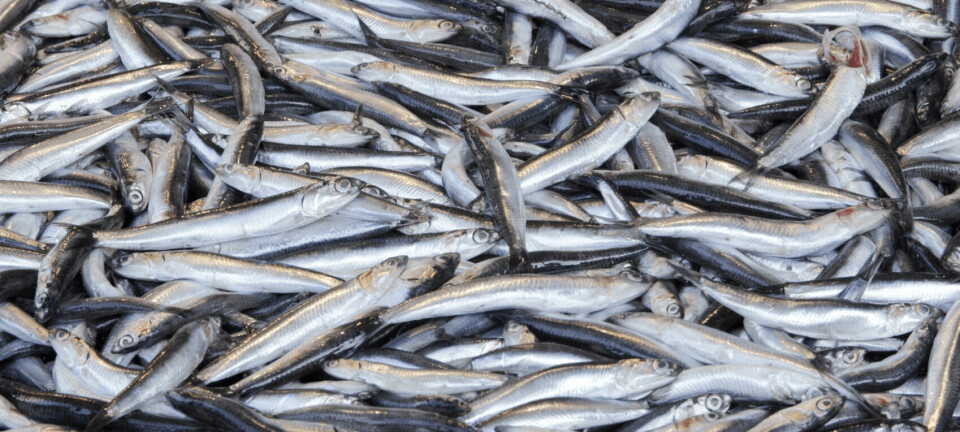
‘Irrational’ regulation worries Chilean salmon farmer
Falling prices hurt Camanchaca in Q4 but Congress is the big concern
Salmon farmer Salmones Camanchaca has highlighted the shocks and “irrational” decisions delivered by Chile’s regulatory system as its greatest concern following a year characterised by better fish health and performance but lower prices that impacted earnings.
In a press release about the company’s results for the fourth quarter of 2023, vice chairman Ricardo García cited a demand by an Indigenous population of 38 people for ownership of 600,000 hectares of sea under the government’s Coastal Marine Spaces of Native Peoples scheme (ECMPO) as an example.
In response to a question about the issue during a presentation of the results, García said: “We are preoccupied by the situation on the regulatory front with surprises coming from initiatives from the government.
“For example, in the Fishing Law, where on almost the last page of that proposal presented to Congress, we have again seen something that will limit the use of our concessions in certain protected areas – a discussion that was in the Congress more than 10 months ago, May 2023, and was ruled out by Congress. That’s very hard to understand.
The Indigenous population’s request for territories in the ocean is very irrational, to give up such a gigantic amount of territory to a couple of thousand people.
Ricardo García
“Also, the Indigenous population’s request for territories in the ocean is very irrational, to give up such a gigantic amount of territory to a couple of thousand people.
“We are doing what we can to prevent that but there is a lot of concern in the region and in the territory about this situation. This is not new, by the way.
“How could this affect Salmones Camanchaca? We operate under the rule of law and the existing regulations, and so far, the regulations allow us to leverage all our assets and capacities, and this is our plan. So far, Congress and Chileans in general have proven very rational at the time when collectively they need to make a decision, whether it is a plebiscite or in the Congress, so we are confident that that will continue.”
García and chief executive Manuel Arriagada are confident of the year ahead after a final quarter of 2023 marked by falls in the price of Atlantic salmon and particularly coho salmon.

EBITDA, a measure of operating profit, fell from US $22.7 million in Q4 2022 to just £0.9m, although harvest volumes of the company’s main crop, Atlantic salmon, were down by just 9% to 8,783 tonnes (whole fish equivalent).
Camanchaca said the result was affected by a lower price for Atlantic salmon and a 38% lower price for coho, and higher Atlantic salmon production costs including $1.7m cost for extraordinary mortalities in Q4. Mortality over the year had been low, but action taken to combat biological challenges during the year had pushed up costs.
Coho salmon harvests reached 8,783 tonnes WFE and sales volumes totalled 1,140 tonnes for the quarter, resulting in high inventories of almost 9,000 tonnes.
Weak yen
García blamed the fall in the value of the Japanese yen against the dollar for the fall in the price of coho in Japan, the main market, and in other markets, but said Camanchaca was in no hurry to offload its inventory. The company has throttled back its coho production by 60% for this year, from 11,000 tonnes to 4,000 tonnes, and other companies are doing the same. This will help push the price back up, said García, and Camanchaca will use its inventory to pick and choose the best markets.
The fall in the price of Atlantic salmon was a surprise, given the strength of the dollar, said García, but Camanchaca had seen improved prices in 2024.
The company expects to harvest between 46,000 and 48,000 tonnes of Atlantic salmon this year and 4-5,000 tonnes of coho. It plans to harvest 55,000 tonnes of Atlantic salmon in 2025, along with some coho.
“There is no doubt that we faced important challenges in 2023 that made the results weak, and among which I highlight the seafood demand drop in the world, and the mitigation costs that we have had to implement for environmental and biological challenges,” said García.
“We are optimistic about the recovery in demand and our abilities to face business challenges and implement improvements and mitigations for salmon farming.”




















































